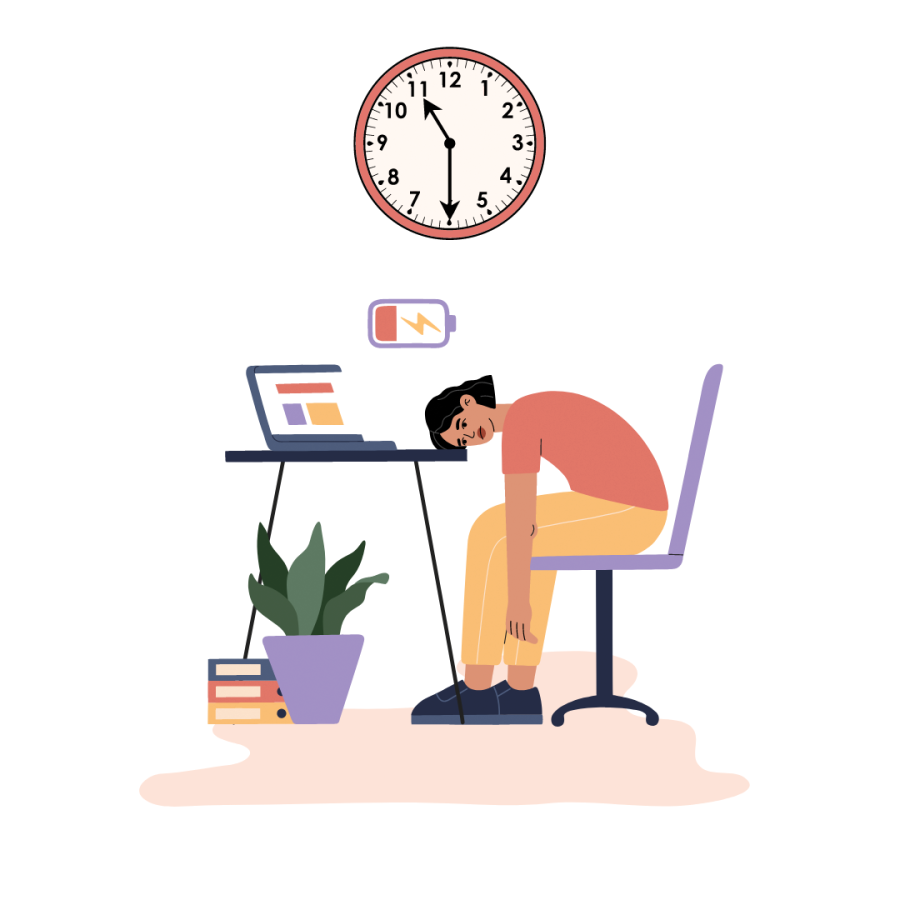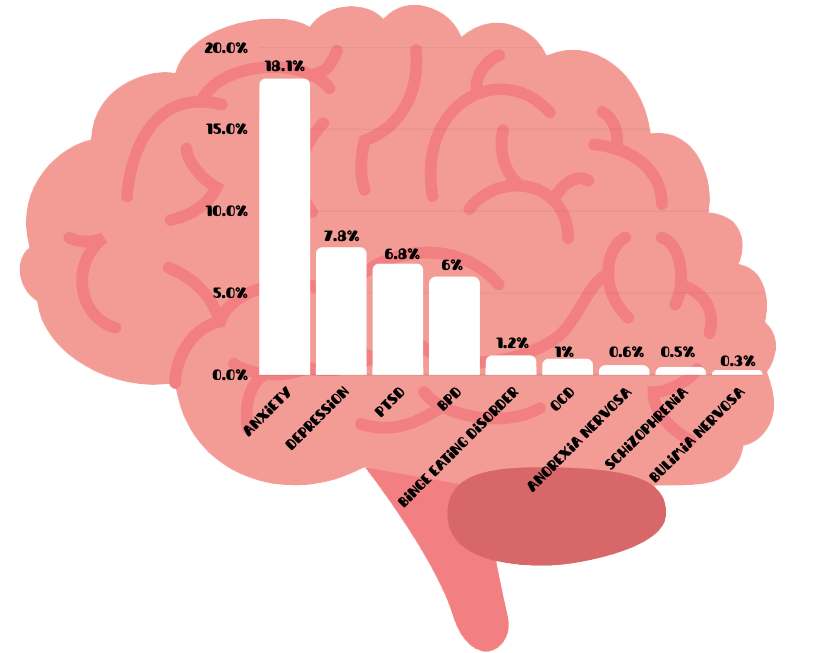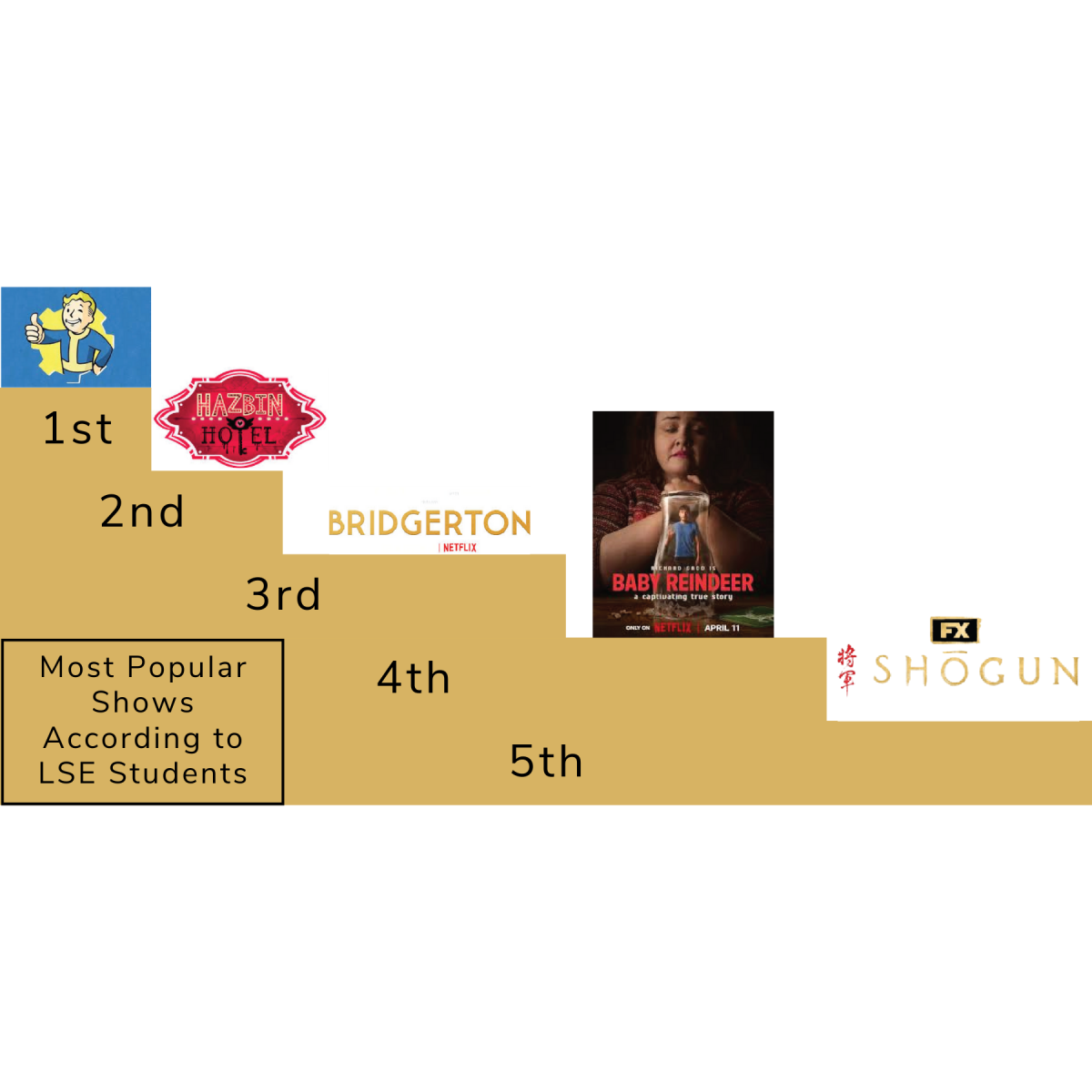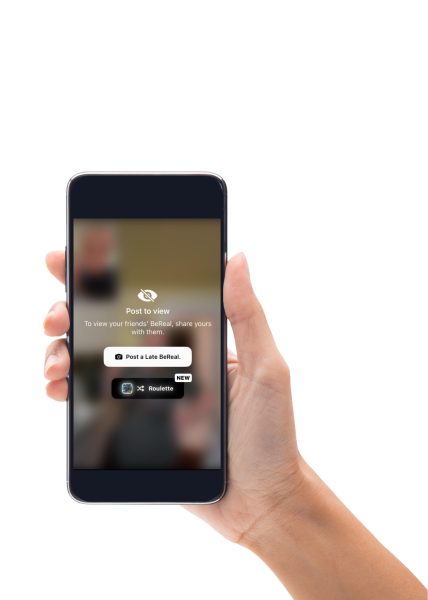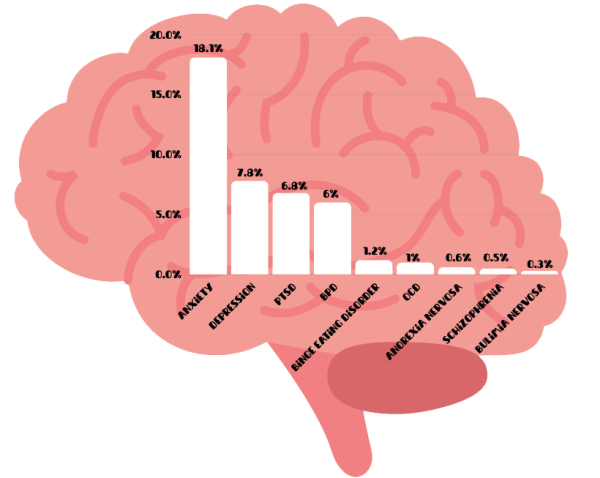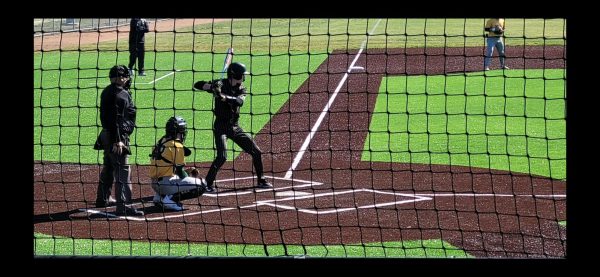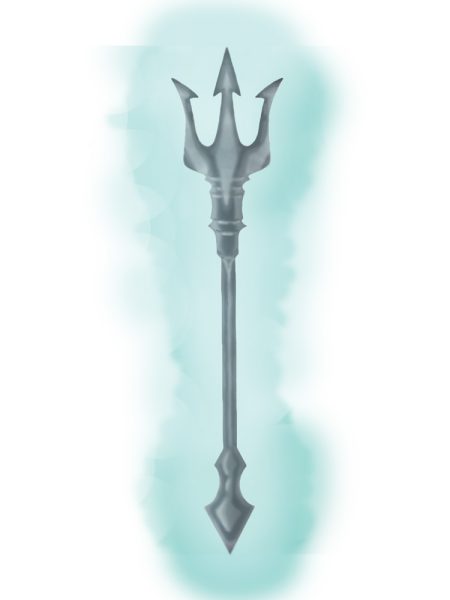Sleep or Study?
Sleep deprivation remains rampant among high school students, despite its harmful effects
January 10, 2023
It’s not uncommon to hear students compare how little sleep they got the night before a big test or express how tired they are during class. Balancing classes, extracurriculars and jobs can be a struggle for many students. Due to the time-consuming nature of many of these activities, teens often find themselves altering their sleep schedules in order to complete the things they need to do on a daily basis. Although some might view this as just a part of the “high school experience” the effects of sleep deprivation can be detrimental to one’s mental and physical health.
“There’s so many things that sleeping takes care of and that’s a time you need to recover,” senior Emily Maw said. “I know that I’ve had a lot of problems because I don’t sleep enough. But it also feels like I don’t have any other options to sleep more because if I do sleep more, then I lose time that I could be using for my other responsibilities.”
Maw, like many other high school students, has experienced falling into the cycle of sleep deprivation during the school year. Among LSE students, 48.6 percent have even pulled all-nighters in order to finish schoolwork. That number rises to nearly 55 percent among sophomores, juniors and seniors.
In a Healthline article titled “Is Your Teen Getting Enough Sleep?” writer Leah Cambell includes information from a 2018 study conducted by the American Academy of Pediatrics, which states that “73 percent of high school students regularly do not get a healthy amount of sleep.” Despite how common it is for students to stay up late for homework or studying, a lack of adequate sleep can hinder students’ ability to do well in school.
In a survey of 54 LSE students, 85.2 percent reported that they feel as if sleep deprivation negatively impacts their academic performance. In an article titled “Teens are facing a sleep deprivation epidemic. Here’s why” writer for CNN, Matt Villano, interviews the author of “The Sleep Deprived Teen”, Lisa Lewis. “Sleep deprivation limits students from acquiring information, impedes the retention of the information, and hinders the ability to retrieve that information,” said Lewis. Lacking adequate sleep also greatly inhibits a student’s ability to learn in class. A whopping 83 percent of LSE students responded to the survey indicating that they have struggled with falling asleep in class.
Maw is one student who has dealt with this issue before and explained how although they want to continue learning in class and feel as if falling asleep could be disrespectful to the teacher, they are unable to prevent it.
“Sometimes I just fall asleep in class. Not even trying, it’s completely accidental. I don’t want to fall asleep but sometimes I’m just so tired that I just drift off,” Maw Said.
Not only can sleep deprivation be damaging to a student’s ability to learn, it can also be detrimental to one’s health. An article by science writer Eric Suni and the Sleep Foundation titled “Sleep Deprivation” states that, “Sleep plays a fundamental role in the effective functioning of nearly all systems of the body, so a persistent lack of sleep creates significant risks to physical and mental health.”
In addition, the article also discusses the effects of sleep deprivation, some of which include poor memory, worse decision-making skills, stress, anxiety, feelings of depression and other mood changes.
“I know that sleeping less has had a huge impact on my mental health and I think I’m definitely more irritable while sleeping less. I know my anxiety is higher,” Maw said. “It’s not only just sleepiness every day, just like every part of me, even socially and emotionally, have been completely drained.”
Despite the damaging effects of sleep deprivation, the rise of “hustle culture” in recent years has glamorized overworking and losing sleep. The Urban Dictionary defines hustle culture as “the glorification of working very long hours in hope of reaching one’s professional goals while having a disregard for their health, and relationships with loved ones.”
The rise of this idea in society and on social media can encourage students to overextend themselves in academics and extracurriculars leading to a cycle of sleep deprivation, as well as all the negative effects associated with it.
Maw said she doesn’t get enough sleep because she constantly has responsibilities to handle.
“There’s just always something that needs to be done. I feel that I can’t let myself sleep when I still have things that I need to take care of,” Maw said.
Although being involved and working hard in school is admirable, when it is taken to the extent of disregarding mental and physical health, it can be extremely damaging.
“Sometimes I just need to remind myself that I need to prioritize my own well-being and let myself sleep,” Maw said. “Letting myself sleep obviously makes me feel a lot better and I’m not completely exhausted and drained the next day and I’m energized and honestly happier.”

